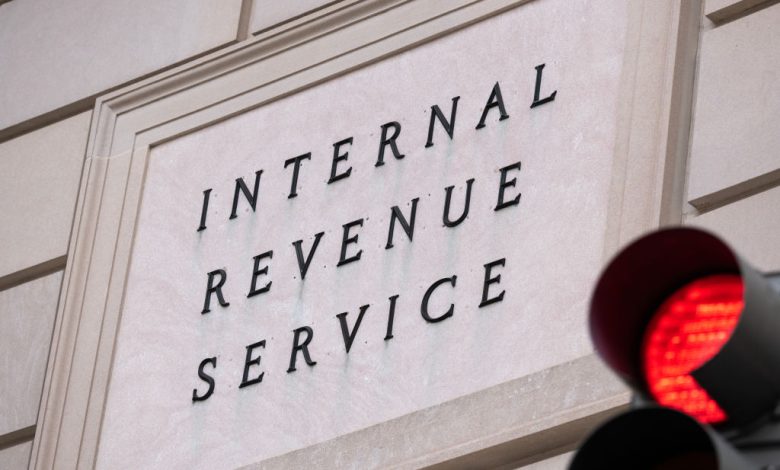IRS Direct Deposit Relief Payments: What To Know For November 2025


For anyone hoping that new IRS direct deposit relief payments would arrive this November, the IRS and federal officials say no new stimulus or relief payments have been approved for 2025.
IRS Direct Deposit Relief Payment
The claims follow months of online discussion about potential federal aid programs. According to USA Today, payments have been referred to under labels such as “direct deposit relief,” “tariff rebate,” or “DOGE dividend.”
The IRS says no new federal stimulus payments or rebates have been authorized, per the outlet. The only proposal under consideration is the American Worker Rebate Act of 2025, introduced by Sen. Josh Hawley (R-Mo.), which would provide payments ranging from $600 to $2,400 to qualifying taxpayers if enacted. As of November, the bill has not moved through Congress, and no payments are currently authorized.
USA Today also noted that the last round of federal stimulus payments was distributed in response to the pandemic. Individuals who did not receive the full amount could claim it through the Recovery Rebate Credit on their 2021 tax returns, per USA Today. The deadline for claiming that credit was April 15, 2025, with no extensions available.
November 2025 Relief Payment
Although there are no new federal payments, several state-level relief programs remain active.
New Jersey’s Treasury Department announced that nearly 300,000 residents, including renters, would receive property-tax relief through the ANCHOR Property Tax Relief Program, as AFROTECH™ previously reported. The program issues rebates of up to $1,750 for qualifying older homeowners and up to $450 for eligible renters under 65, according to USA Today.
Other states, including New York, Pennsylvania, Georgia, and Colorado, have also distributed inflation-related rebate checks based on income, property ownership, or sales tax contributions, the outlet notes.
Taxpayers waiting on a federal refund can track their payments using the IRS’s Where’s My Refund tool. According to the IRS, most electronic filers with direct deposit information receive refunds within 21 days of return acceptance, while paper returns generally take six to eight weeks to process.
Protecting Against Scams
The IRS has issued warnings on its website about scam messages and impersonation attempts linked to alleged relief payments. Fraudulent emails, texts, and calls often claim eligibility for a new deposit or request recipients to click links to claim funds.
The agency’s website also states that it does not contact taxpayers by email, text, or social media to request personal or banking information. Anyone receiving a suspicious message should not respond and should verify refund or payment status directly through IRS.gov or official state tax websites.




